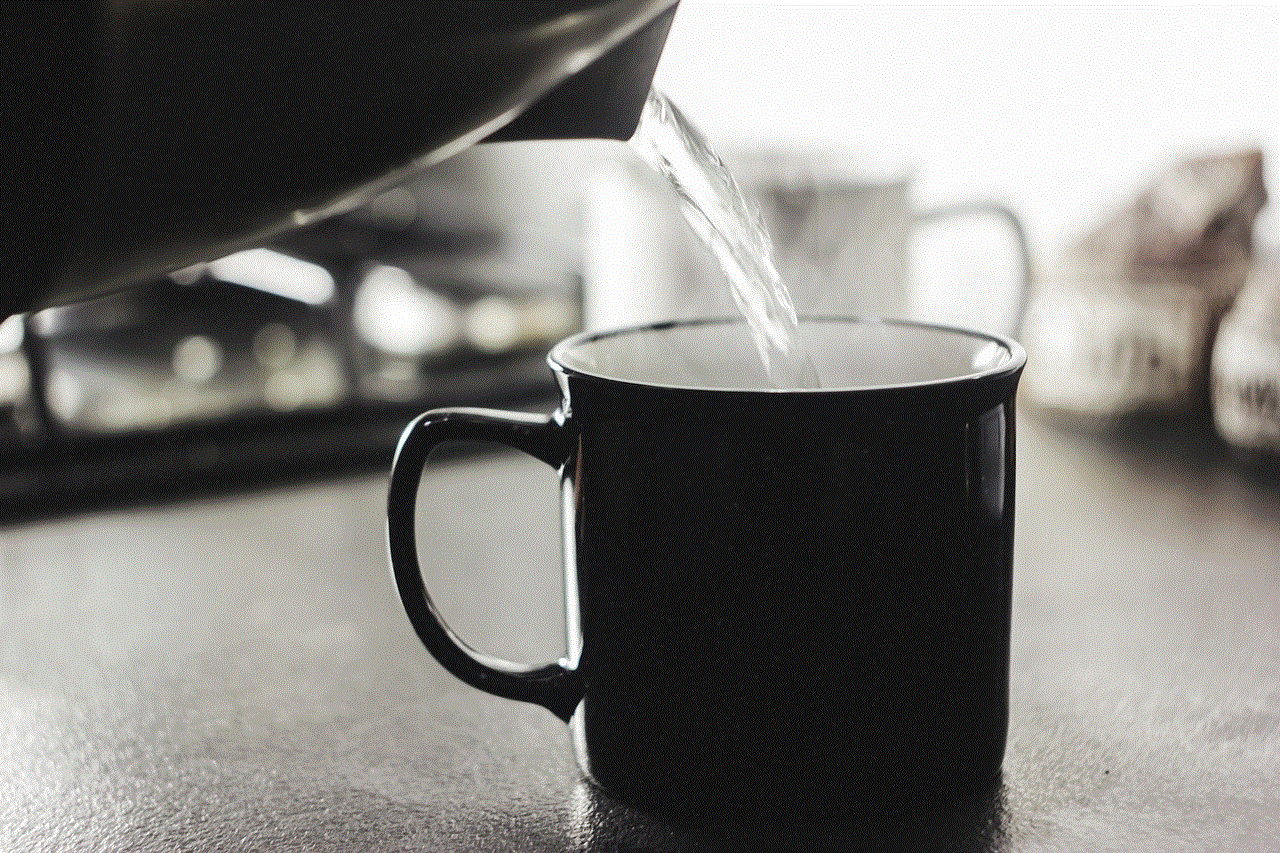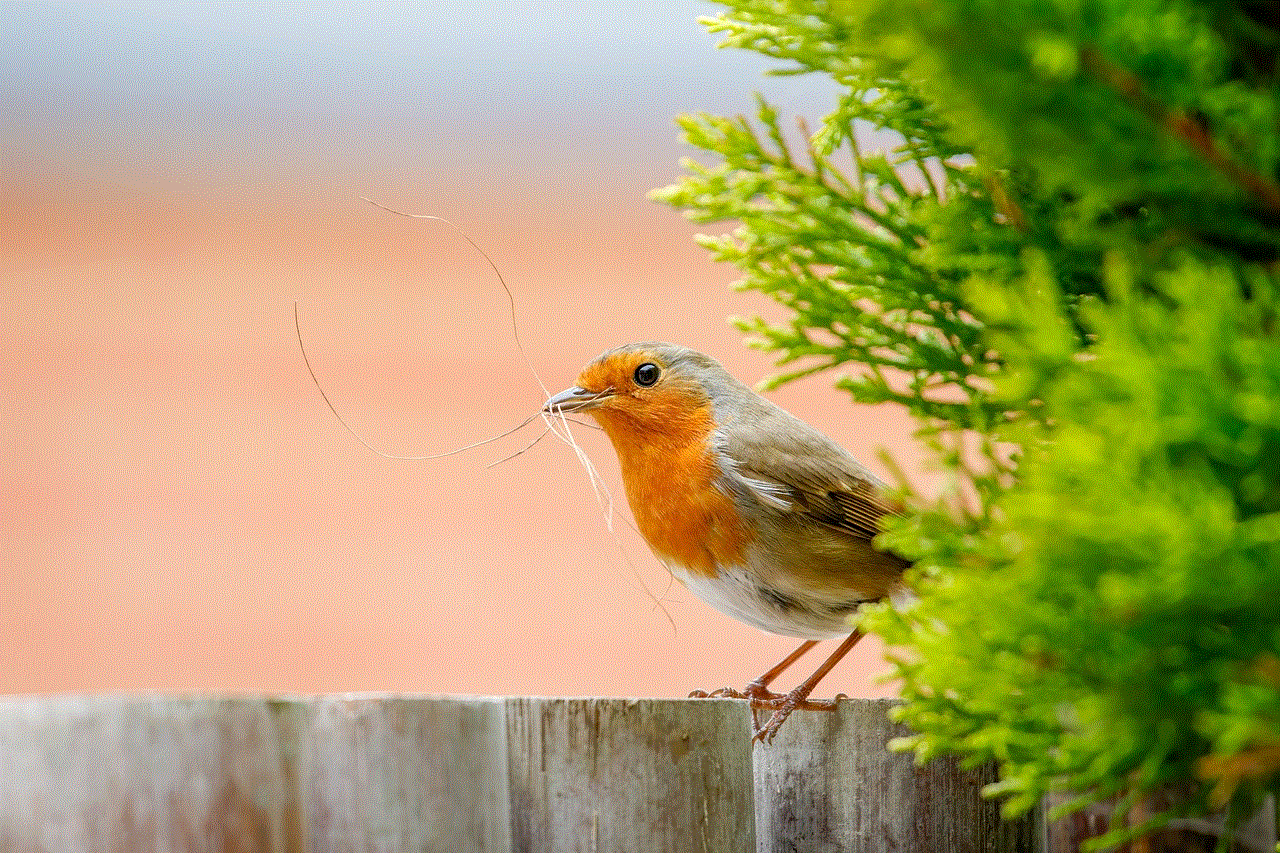eight month milestones
As your baby reaches the eighth month of their life, you may start to notice some significant changes in their development. This is an exciting time for both you and your little one, as they continue to grow and learn new skills. In this article, we will discuss the major milestones that typically occur during the eighth month of a baby’s life and offer some tips for supporting their development.
1. Improved Motor Skills
At eight months old, your baby’s motor skills are becoming more refined. They may now be able to sit up without any support and may even be able to crawl or shuffle around on their stomach. Some babies may even start to pull themselves up to a standing position using furniture or your hands for support. These newfound abilities allow them to explore their surroundings and interact with objects in new ways.
To support your baby’s motor skills, provide them with plenty of safe, age-appropriate toys to play with. Encourage them to reach for objects and move around by placing their favorite toys just out of their reach. It’s also important to create a safe and secure environment for them to practice their new skills, as they may be more prone to accidents at this stage.
2. Improved Hand-Eye Coordination
As your baby’s motor skills develop, so does their hand-eye coordination. They may now be able to pick up small objects using their thumb and forefinger, a skill known as the pincer grasp. This allows them to feed themselves small finger foods and explore different textures and shapes. You may also notice them starting to bang objects together or clap their hands, showing improved control over their movements.
To help your baby develop their hand-eye coordination, provide them with toys that require them to manipulate objects. Building blocks, shape sorters, and stacking toys are all great options for this age. You can also encourage them to practice using their pincer grasp by offering them small pieces of food, such as peas or Cheerios, during meal times.
3. Babbling and Communication
During the eighth month, your baby’s babbling will become more varied and may start to sound like real words. They may also start to understand simple instructions, such as “wave bye-bye” or “clap your hands.” This is an exciting time as your baby begins to communicate with you in their own way.
To support your baby’s communication skills, talk to them often and respond to their babbles as if they are having a real conversation with you. You can also play games like peek-a-boo or sing nursery rhymes to help them learn new words and gestures. It’s important to be patient and not to pressure your baby to speak or understand, as every child develops at their own pace.
4. Separation Anxiety
Around the eighth month, many babies may start to experience separation anxiety. This is a normal part of their development as they become more aware of their surroundings and form attachments to their primary caregivers. They may become upset when you leave the room or when someone else tries to hold them.
To help ease separation anxiety, try to leave your baby with a consistent caregiver and establish a routine. This will help them feel secure and know what to expect. When leaving your baby, say goodbye and reassure them that you will be back. And when you return, give them plenty of love and attention to help them feel secure.
5. Improved Sleep Patterns
At eight months old, many babies may start to sleep for longer stretches at night, giving parents some much-needed rest. They may also start to take longer naps during the day, as their sleep patterns become more consolidated. However, every baby is different, and some may still wake up frequently during the night. Remember, it’s important to follow safe sleep practices and always place your baby on their back to sleep.
To encourage healthy sleep patterns, establish a bedtime routine and stick to it. This can include a bath, a few minutes of quiet playtime, and reading a bedtime story. It’s also important to make sure your baby is comfortable and not too hot or cold, as this can disrupt their sleep. And if your baby does wake up during the night, try to keep the environment calm and soothing to help them fall back asleep.
6. Teething
Many babies start to teethe around the eighth month, which can be a difficult time for both baby and parents. Teething can cause discomfort and irritability, and your baby may start to drool more and chew on objects to relieve the pressure on their gums. You may also notice that their sleep patterns are disrupted during this time.
To help your baby during the teething stage, offer them teething toys or a clean, damp washcloth to chew on. You can also try gently massaging their gums or giving them a cold, non-frozen teething ring to help numb the pain. If your baby is having trouble sleeping, consult with your pediatrician for safe ways to relieve their discomfort.
7. Improved Social Skills
As your baby’s communication skills develop, so do their social skills. They may start to show interest in other babies and may even try to play with them. They may also start to understand simple social cues, such as smiling or waving, and may mimic these actions themselves. This newfound social awareness is an important milestone in your baby’s development and sets the foundation for future relationships.
To encourage your baby’s social skills, arrange playdates with other babies or take them to baby classes where they can interact with others their age. You can also model appropriate social behaviors, such as sharing and taking turns, to help your baby learn these skills.
8. Improved Cognitive Skills
At eight months old, your baby’s brain is rapidly developing, and they are starting to understand cause and effect. They may enjoy playing with toys that make noise or light up when they press a button or pull a lever. They may also start to imitate actions they see you or others do, such as clapping or waving.
To support your baby’s cognitive development, give them plenty of opportunities to explore and discover their environment. Provide them with toys that encourage problem-solving and offer different textures and sounds. You can also read to them often, as this helps build their vocabulary and understanding of the world.
9. Solid Food Introduction
Around the eighth month, many parents start to introduce solid foods to their baby’s diet. While breast milk or formula should still be the main source of nutrition, you can start offering soft, mashed foods such as fruits, vegetables, and cereals. It’s important to introduce new foods one at a time and watch for any signs of allergies.
To introduce solid foods, start with small amounts and gradually increase the portion size as your baby shows interest and can handle more. You can also try different textures and flavors to see what your baby enjoys. Remember, every baby develops at their own pace, so don’t worry if your baby doesn’t seem interested in solid foods right away.
10. Increased Curiosity
As your baby’s mobility and cognitive skills improve, they become more curious about their surroundings. They may start to explore objects by putting them in their mouth, shaking them, or banging them together. This is a normal and healthy part of their development, but it’s important to ensure that they are not putting anything dangerous in their mouth.



To support your baby’s curiosity, offer them safe and age-appropriate toys to explore. You can also take them on walks outside to experience new sights, sounds, and textures. Just make sure to supervise them closely and remove any potential hazards from their reach.
In conclusion, the eighth month is an exciting time for your baby’s development. They are becoming more mobile, social, and curious, and their communication and cognitive skills are rapidly improving. As a parent, it’s important to support your baby’s development by providing them with a safe and stimulating environment, offering plenty of love and attention, and being patient as they reach these important milestones. Remember, every baby develops at their own pace, so don’t compare your child to others and celebrate their unique journey.
micro gps tracker
A micro GPS tracker is a small, portable device that uses the Global Positioning System (GPS) to accurately determine its location. These devices have become increasingly popular in recent years, as they offer a wide range of applications for both personal and professional use. From tracking your personal belongings to monitoring your fleet of vehicles, a micro GPS tracker can provide real-time location data with high accuracy and precision. In this article, we will dive deeper into the world of micro GPS trackers, exploring their features, benefits, and potential uses.
What is a Micro GPS Tracker?
A micro GPS tracker is a small, compact device that can be attached to any object or person to track their location. The device uses a network of satellites to determine its position, which is then transmitted to a receiver. The receiver can be a smartphone, computer , or any other device equipped with GPS technology. The size of a micro GPS tracker can vary, but they are typically small enough to fit in your hand or be attached to a keychain.
Features of a Micro GPS Tracker
Micro GPS trackers come with a range of features that make them an essential tool for tracking and monitoring. Let’s take a look at some of the key features of these devices:
1. Real-time tracking: One of the most significant advantages of a micro GPS tracker is its ability to provide real-time tracking. This means you can monitor the location of the tracker in real-time, giving you accurate and up-to-date information.
2. Compact size: As the name suggests, micro GPS trackers are tiny, making them easy to carry and conceal. This feature is particularly useful for tracking valuable items or monitoring people without their knowledge.
3. Long battery life: Most micro GPS trackers come with rechargeable batteries that can last for days or even weeks. This allows for continuous tracking without the need for frequent recharging.
4. Waterproof: Many micro GPS trackers are designed to be waterproof, making them suitable for outdoor use. This feature is especially useful for tracking items or people in harsh weather conditions.
5. Geo-fencing: Some micro GPS trackers come with geo-fencing capabilities, allowing you to set up virtual boundaries for the device. If the tracker moves outside the designated area, you will receive an alert, making it an excellent tool for tracking valuable items or monitoring children or pets.
Benefits of Using a Micro GPS Tracker



Micro GPS trackers offer a range of benefits that make them a popular choice for personal and professional use. Let’s take a look at some of the key advantages of using a micro GPS tracker:
1. Asset tracking: A micro GPS tracker can be attached to your valuable items, such as your car, bike, or luggage, allowing you to track their location in case of theft or misplacement.
2. Personal safety: Micro GPS trackers can be used to monitor the location of your loved ones, such as children, elderly parents, or people with special needs. In case of an emergency, you can quickly locate them and provide assistance.
3. Fleet management: For businesses that rely on a fleet of vehicles, micro GPS trackers can be an invaluable tool for tracking their location, speed, and route. This can help improve efficiency, reduce fuel costs, and ensure the safety of drivers.
4. Pet tracking: If you have a pet that likes to roam, a micro GPS tracker can be a great way to keep an eye on their whereabouts. This will give you peace of mind, knowing that you can quickly locate your pet if they wander off.
5. Travel companion: When traveling to a new destination, a micro GPS tracker can be a helpful tool for navigating unfamiliar places. You can attach it to your bag or keep it in your pocket, and it will guide you to your destination.
Potential Uses of a Micro GPS Tracker
The potential uses of a micro GPS tracker are endless, and they are only limited by your imagination. Here are some of the ways in which you can use a micro GPS tracker:
1. Elderly care: Many elderly people suffer from dementia or Alzheimer’s disease, which can cause them to wander off and get lost. A micro GPS tracker can help caregivers quickly locate them and bring them back home safely.
2. Vehicle rental companies: Micro GPS trackers can be used by vehicle rental companies to track their vehicles’ location, speed, and distance traveled. This can help prevent unauthorized use and ensure the safety of their fleet.
3. Hiking and camping: If you enjoy hiking or camping in the great outdoors, a micro GPS tracker can be a useful tool for navigating through unfamiliar terrain. You can also use it to track your route and distance traveled.
4. Personal security: In today’s world, personal safety is a significant concern for many people. A micro GPS tracker can be a valuable tool for personal security, allowing you to quickly call for help in case of an emergency.
5. Wildlife research: Researchers can use micro GPS trackers to track the movement and behavior of animals in the wild. This can help gather valuable data and insights into their habitats and migratory patterns.



Conclusion
In conclusion, a micro GPS tracker is a powerful tool that offers a wide range of features and benefits. Whether you want to track your personal belongings, monitor your loved ones, or improve the efficiency of your business, a micro GPS tracker can be an invaluable asset. With its compact size, real-time tracking, and long battery life, this device has endless potential uses and applications. So why wait? Get your hands on a micro GPS tracker today and experience the convenience and peace of mind that it offers.